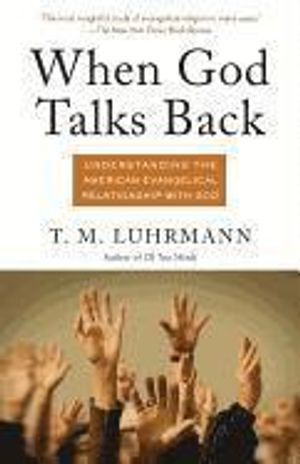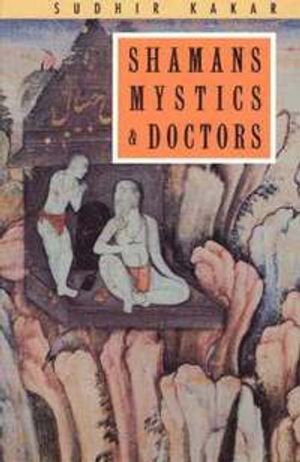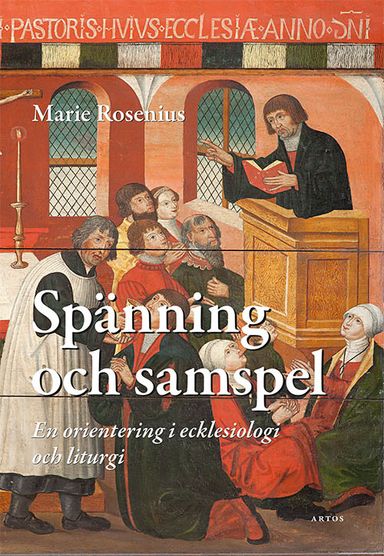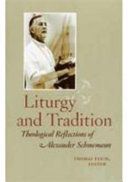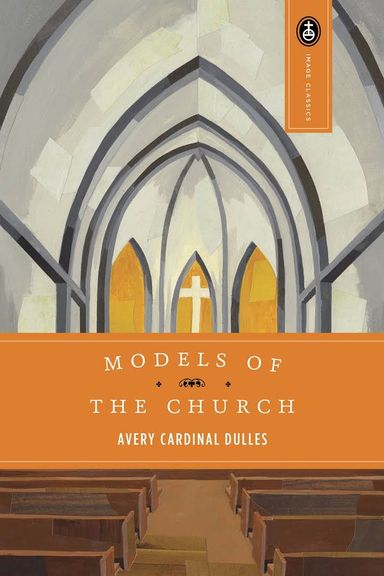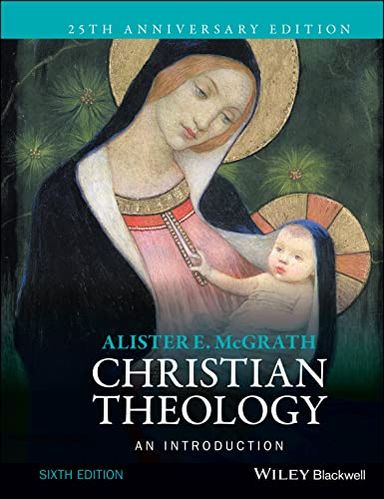

Living Buddhism
- Utgiven: 2015
- ISBN: 9780801456718
- Sidor: 232 st
- Förlag: Cornell University Press
- Format: Häftad
- Språk: Engelska
Om boken
In Living Buddhism, Julia Cassaniti explores Buddhist ideas of impermanence, nonattachment, and intention as they are translated into everyday practice in contemporary Thailand. Although most lay people find these philosophical concepts difficult to grasp, Cassaniti shows that people do in fact make an effort to comprehend them and integrate them as guides for their everyday lives. In doing so, she makes a convincing case that complex philosophical concepts are not the sole property of religious specialists and that ordinary lay Buddhists find in them a means for dealing with life's difficulties. More broadly, the book speaks to the ways that culturally informed ideas are part of the psychological processes that we all use to make sense of the world around us.In an approachable first-person narrative style that combines interview and participant-observation material gathered over the course of two years in the community, Cassaniti shows how Buddhist ideas are understood, interrelated, and reinforced through secular and religious practices in everyday life. She compares the emotional experiences of Buddhist villagers with religious and cultural practices in a nearby Christian village. Living Buddhism highlights the importance of change, calmness (as captured in the Thai phrase jai yen, or a cool heart), and karma; Cassaniti's narrative untangles the Thai villagers' feelings and problems and the solutions they seek.
Åtkomstkoder och digitalt tilläggsmaterial garanteras inte med begagnade böcker
Mer om Living Buddhism (2015)
I december 2015 släpptes boken Living Buddhism skriven av Julia Cassaniti. Den är skriven på engelska och består av 232 sidor. Förlaget bakom boken är Cornell University Press.
Köp boken Living Buddhism på Studentapan och spara pengar.
Referera till Living Buddhism
Harvard
Cassaniti, J. (2015). Living Buddhism. Cornell University Press.
Oxford
Cassaniti, Julia, Living Buddhism (Cornell University Press, 2015).
APA
Cassaniti, J. (2015). Living Buddhism. Cornell University Press.
Vancouver
Cassaniti J. Living Buddhism. Cornell University Press; 2015.
